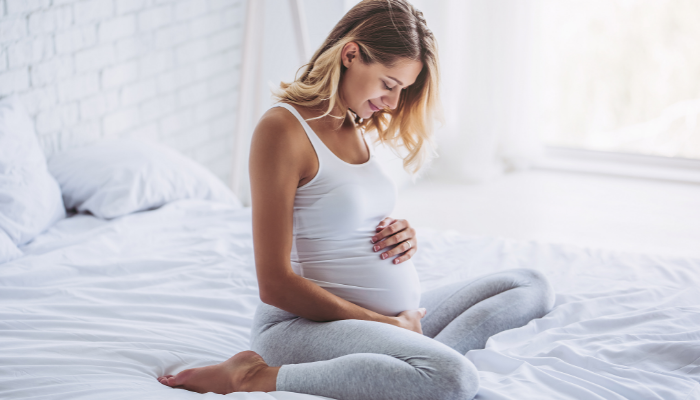
Dr. Denise Pate of Medical Offices of Manhattan, discusses postpartum preeclampsia, why it happens, how dangerous it can be, and what you can do to help prevent and treat it.
What is postpartum preeclampsia?
Preeclampsia is the development of hypertension and the onset of one of the following: protein in urine, low platelet count, abnormal kidney function, abnormal liver function, new headaches, shortness of breath or visual changes. Postpartum preeclampsia is the above but developing these symptoms more than 2 days but less than 6 weeks after delivery.
What are risk factors for postpartum preeclampsia?
History of prior preeclampsia, gestational diabetes, autoimmune disorders, obesity, and having multiple pregnancies.
What are the warning signs of postpartum preeclampsia?
Headache, elevated blood pressures, changes with vision.
How dangerous can postpartum preeclampsia be for a woman?
Postpartum preeclampsia can be very dangerous. It can lead to stroke, seizures, liver and kidney damage and even death.
Can you get postpartum preeclampsia without having preeclampsia during pregnancy?
Postpartum preeclampsia exists without having known preeclampsia during pregnancy. In contrast to the pregnant woman, the postpartum patient goes for about 6 weeks without any medical evaluation. Typically in the postpartum period, women have a check-up 6 weeks after delivery leaving the time in between delivery and their first checkup as a significant period of time that women go unmonitored. This is the timeframe during which postpartum preeclampsia occurs.
What can I do to prevent or treat postpartum preeclampsia?
The biggest recommendation for the postpartum woman is to pay attention to her body. In the postpartum period, women may tend to shrug off symptoms of a headache, chest pain, shortness of breath or vision changes and attribute these symptoms to the fatigue and anxiety of having newborn. It is a good idea for all postpartum women to have a blood pressure monitor at home to periodically check their blood pressure once discharged from the hospital. If the readings are consistently >140/90, they should alert their obstetrician and primary care doctors.



